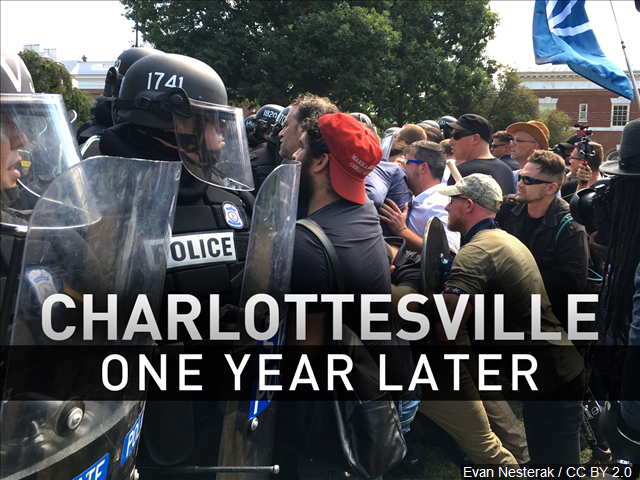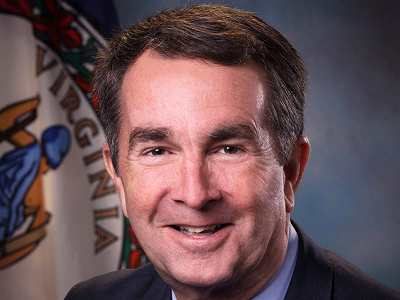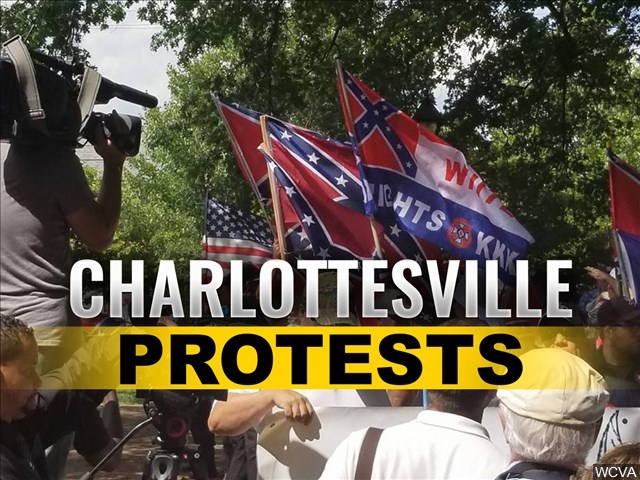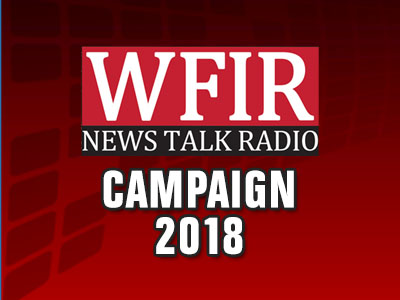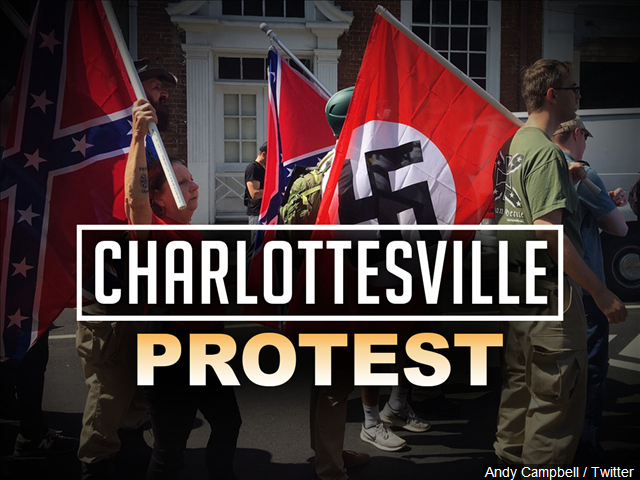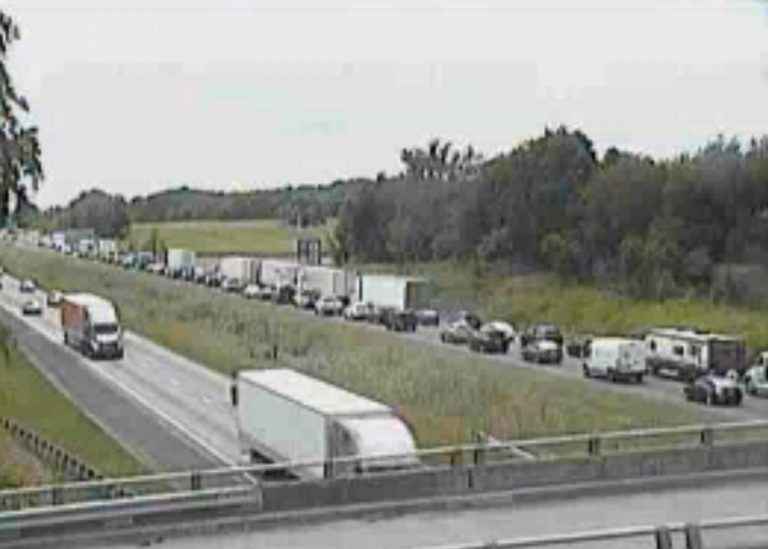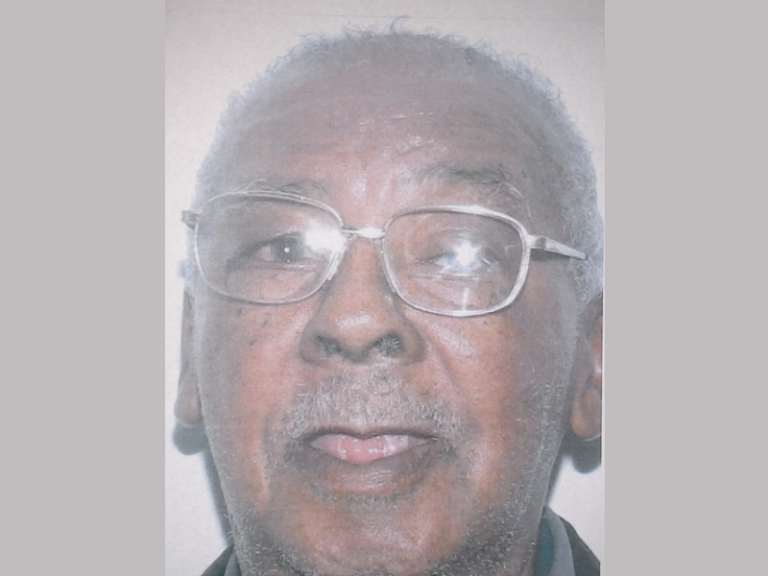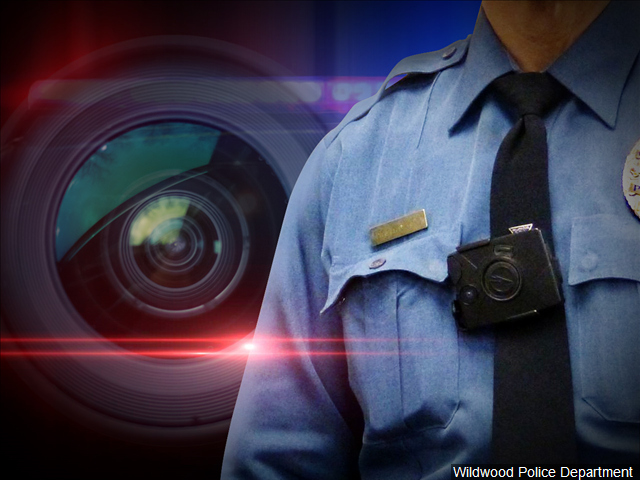Businesses are opening in downtown Charlottesville, where visitors trickling in are being met by heavy security on...
Across Virginia
RICHMOND, Va. (AP) _ Gov. Ralph Northam is proposing a plan to use extra state revenue from...
Virginia’s Department of Motor Vehicles wants to get the word out about web sites and processing fees....
ROANOKE, Va. (AP) – The owner of a Virginia newspaper is suing a former reporter for refusing...
RICHMOND, Va. (AP) — Virginia Gov. Ralph Northam and the city of Charlottesville have proactively declared a...
The City of Danville — and its economic circumstances — have become a recent hotspot in the...
CAMP LEJEUNE, N.C. (AP) — A U.S. Marine identified as a member of a white supremacist group...
LYNCHBURG, Va. (AP) — An evacuation order that covered about 150 homes in Lynchburg has been lifted...
Gov. Ralph Northam announced Friday that Dominion Energy has filed for approval from the State Corporation Commission...
RICHMOND, Va. (AP) _ A statue of Confederate Gen. Robert E. Lee on Richmond’s famed Monument Avenue...
McLEAN, Va. (AP) — Federal regulators have ordered a stop to the construction of a 300-mile (483-kilometer)...
UPDATE: Both southbound lanes of Interstate 81 in Rockbridge County have reopened following this morning’s tractor trailer crash...
UPDATE: Police say 88-year-old John Wimbush has been found safe in the Washington, D.C., and a woman...
RICHMOND, Va. (AP) — Education officials in Virginia say teachers at a Richmond elementary school gave students...
VIRGINIA BEACH, Va. (AP) — Police in Virginia’s most populous city are set to get body-worn cameras...

